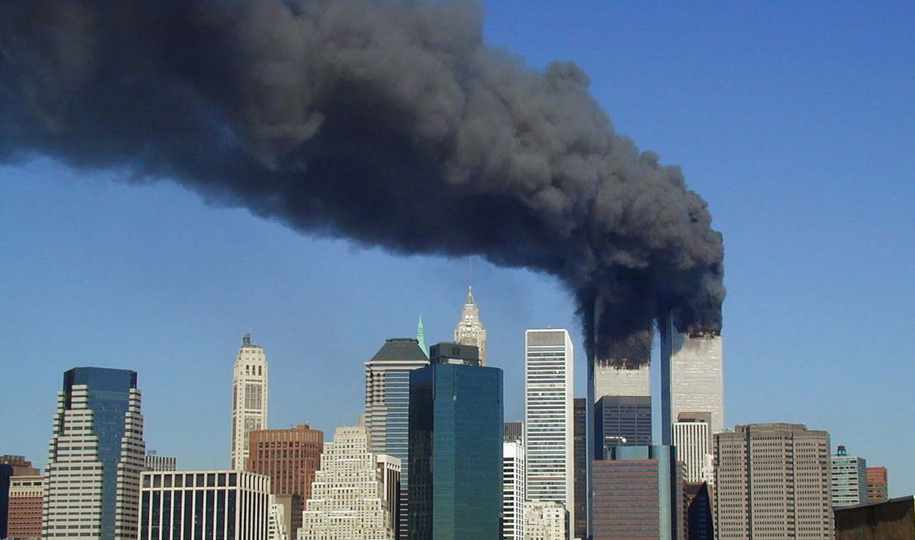
The CNN article starts by telling the story of Christine Sheppard, who believes her stage IV non-Hodgkin’s lymphoma was caused by exposure to Monsanto’s Roundup herbicide (which consists mainly of glyphosate), after she was repeatedly exposed to it on her coffee farm in Hawaii over the course of five years. Several rounds of grueling chemotherapy treatments have left Sheppard with reduced mobility, and with nerve issues that leave her unable to properly feel her feet at times. She is also in constant pain, and her damaged immune system has left her unable to travel or visit crowded places. She has also been forced to tap into her 401K to pay her medical bills.
"They didn't take away my life, thank goodness, but they took away our dreams, our savings," she said.
Sheppard is just one of the 800 plaintiffs suing Monsanto (the producer of Roundup) for not warning them about the cancer risk associated with using their product.
The slew of lawsuits against Monsanto began after the World Health Organization’s International Agency for Research on Cancer (IARC) announced in March 2015 that glyphosate is “probably carcinogenic” – in other words, likely to cause cancer in humans. [RELATED: Make sure you know all there is to know about this dangerous chemical by visiting Glyphosate.news]
"For the herbicide glyphosate, there was limited evidence of carcinogenicity in humans for non-Hodgkin lymphoma," the report stated.
Monsanto, of course, vehemently argues against the validity of the report, insisting that the IARC report contradicted several other reports and studies which all found that glyphosate was not carcinogenic.
One of these, an 87-page report by the Environmental Protection Agency’s Cancer Assessment Review Committee (CARC), appeared on its website in April 2016, claiming that the herbicide was “not likely to be carcinogenic to humans.” The document was labeled “final report,” and was based on an assessment overseen by former EPA deputy director and chair of the CARC, Jess Rowland. The report mysteriously vanished from the website on May 2, with the explanation that it had been leaked, and was not in fact the agency’s final word on the glyphosate issue.
Jess Rowland mysteriously resigned a few days later.
Now, incriminating emails that have come to light in the case against Monsanto show communications between Rowland, Monsanto executive William F. Heydens, and Dan Jenkins, Monsanto's U.S. agency liaison at the time.
In one email, Jenkins quoted Jess Rowland as saying, “If I can kill this [the IARC report] I should get a medal.”
Timothy Litzenburg, whose legal firm is representing over 500 of the plaintiffs, claims that this and other court documents "seem to show an inappropriately close relationship" between Rowland and Monsanto.
Monsanto Spokeswoman Charla Lord insists that the company has never paid or given gifts to any EPA official to try to gain agency co-operation.
It is likely that more and more evidence will come to light of the sordid symbiotic relationship between the EPA and Monsanto. In the meantime, people like Christine Sheppard anxiously await the outcome of their case against Monsanto.
Sources:
I2.CDN.Turner.com[PDF]
IARC.fr[PDF]
Please contact us for more information.






















